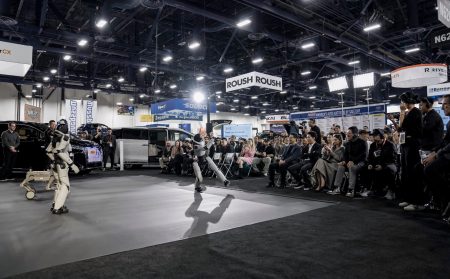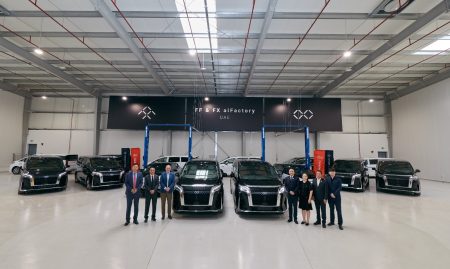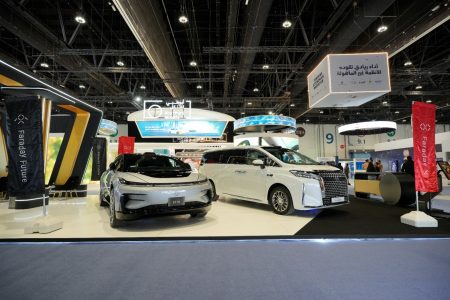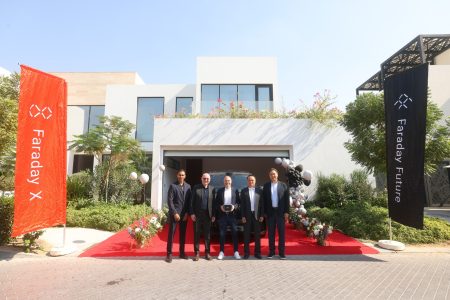Summarize this content to 2000 words in 6 paragraphs in Arabic Hello, this is Kenji in Hong Kong.The mass candlelight vigil held on June 4 to commemorate those killed in the 1989 Tiananmen Square crackdown used to be one of the most popular annual events in the city. Despite the topic being taboo on the mainland, the vigil was allowed to continue even after the UK handed Hong Kong back to China in 1997. This was viewed as a symbol of the city’s freedom and a sign of the “one country, two systems” arrangement in action.But the imposition of a national security law four years ago and comprehensive national security ordinance enacted this year have seen the centre of commemorations clearly shift to Taiwan.What many people may not remember is that “one country, two systems” — which China had promised to maintain in Hong Kong until 2047 — was originally devised by Deng Xiaoping in 1979 as a plan for the unification of Taiwan.Taiwan flatly rejected the idea, though it was not quite as far-fetched at the time as it might seem today. Both sides of the strait were governed by authoritarian, one-party regimes, with Taiwan under martial law and China emerging from the chaos of the Cultural Revolution and embarking on reform and opening up.Tiananmen was the pivotal moment. While Beijing crushed its student-led protest movement, Taipei responded peacefully to a similar incident the following year, paving the way for the island’s transformation into a full-fledged democracy.Since then, the trajectories of Hong Kong and Taiwan have continued to diverge, with the former moving closer to Beijing and losing much of its global hub status, while the latter has forged its own identity and become arguably Asia’s most important tech economy.That divergence was on full display this week. While major news from Hong Kong focused on what has been lost, headlines from Taiwan were all about the future: the promise of AI and the next tech revolution.A tech-tastic weekNvidia CEO Jensen Huang kicked off a busy week of tech news from Taiwan on Sunday with a keynote speech ahead of the Computex trade fair.Huang hinted his company will introduce a new version of its AI chips every year, write Nikkei Asia’s tech correspondents Cheng Ting-Fang and Lauly Li.Intel CEO Pat Gelsinger was also at the event, telling reporters that the US chipmaker intends to “pursue exporting all of our products to China”, even as Washington clamps down on shipments of advanced chips and chipmaking tools to the country.Away from the thronged event, Taiwan Semiconductor Manufacturing Co embarked on a new era as CC Wei took over as chair of the chip company on Tuesday. Speaking to reporters after his first annual general meeting in his new position, Wei said he was thinking about raising TSMC’s chip production fees for Nvidia given how “expensive” its products are.Beyond oilThe Saudi Arabian fund Prosperity7 has thrown its weight behind China’s most prominent generative artificial intelligence start-up, becoming the only foreign investor in the competitive race to find a domestic alternative to OpenAI, reports Eleanor Olcott for the Financial Times.Prosperity7, part of state-owned oil group Aramco’s venture capital arm, was a minority investor in a roughly $400mn investment round in Beijing-based Zhipu AI. The financing round values the Chinese group at around $3bn.Zhipu AI and its closest rivals — Moonshot AI, MiniMax and 01.ai — have been dependent on support from government funds and large local cloud providers.Foreigners have stayed on the sidelines due to US restrictions and concerns about whether the industry can ever become profitable given the huge costs involved in training and running AI models.The decision by Prosperity7, which manages a $3bn fund, to support Zhipu demonstrated a Saudi willingness to support an ecosystem that could guard against US dominance in AI.Follow the moneyWhile democratic countries like the US and Japan announce government subsidies to specific chip companies, finding similar information for companies in China takes a bit more work.Digging into corporate data, Nikkei Asia’s Kenji Kawase found that for the first time CATL, China’s leading electric vehicle battery manufacturer, was the top recipient of state subsidies among all mainland listed companies last year. Since Xi Jinping rose to power in 2012, the two major state oil companies had dominated the top spots.The latest figures reflect a shift in the government’s priority towards strategic tech sectors, especially in EV-related sectors, as four of the top 10 recipients, including CATL, were in this category.High hopesSecuring enough land in multiple locations to build base stations has long been one of the headaches of operating a mobile carrier. Relief, however, could be on the way, writes Nikkei’s Shiho Miyajima.Japan’s NTT DoCoMo plans to launch a fleet of aerial base stations developed by Airbus-owned Aalto HAPS in 2026. Soaring at an altitude of about 20 kilometres, these stations can send telecom signals over an area with a radius of up to 200km, compared to about 10km for a terrestrial base station. And unlike the low Earth orbit Starlink satellites launched by Elon Musk’s SpaceX, no specialised equipment is needed to connect to this platform.If successful, NTT DoCoMo will be the first company in the world to use airborne stations in commercial applications.Suggested readsThe race for AI PCs: Who’s winning and what’s at stake (Nikkei Asia)Chinese trade body seeks drone jammers for Russian buyers (FT)India outpacing Asian rivals in data centre capacity, report says (Nikkei Asia)China’s army tests gun-toting version of robot dog (FT)Saudi games company wants to deepen Nintendo, Capcom ties (Nikkei Asia)Palau hit by cyber attack which ‘traces back to China’: President (Nikkei Asia)Networks linked to Russia and China use OpenAI tools to spread disinformation (FT)Japan’s chip supply chain stocks are still a good way to tap AI trends (FT)China’s Guangzhou to invest $1.4bn in flying car infrastructure (Nikkei Asia)UAE seeks ‘marriage’ with US over AI deals (FT)#techAsia is co-ordinated by Nikkei Asia’s Katherine Creel in Tokyo, with assistance from the FT tech desk in London. Sign up here at Nikkei Asia to receive #techAsia each week. The editorial team can be reached at [email protected].
rewrite this title in Arabic Taiwan in the spotlight and CATL’s subsidy haul
مقالات ذات صلة
مال واعمال
مواضيع رائجة
النشرة البريدية
اشترك للحصول على اخر الأخبار لحظة بلحظة الى بريدك الإلكتروني.
© 2026 جلوب تايم لاين. جميع الحقوق محفوظة.








